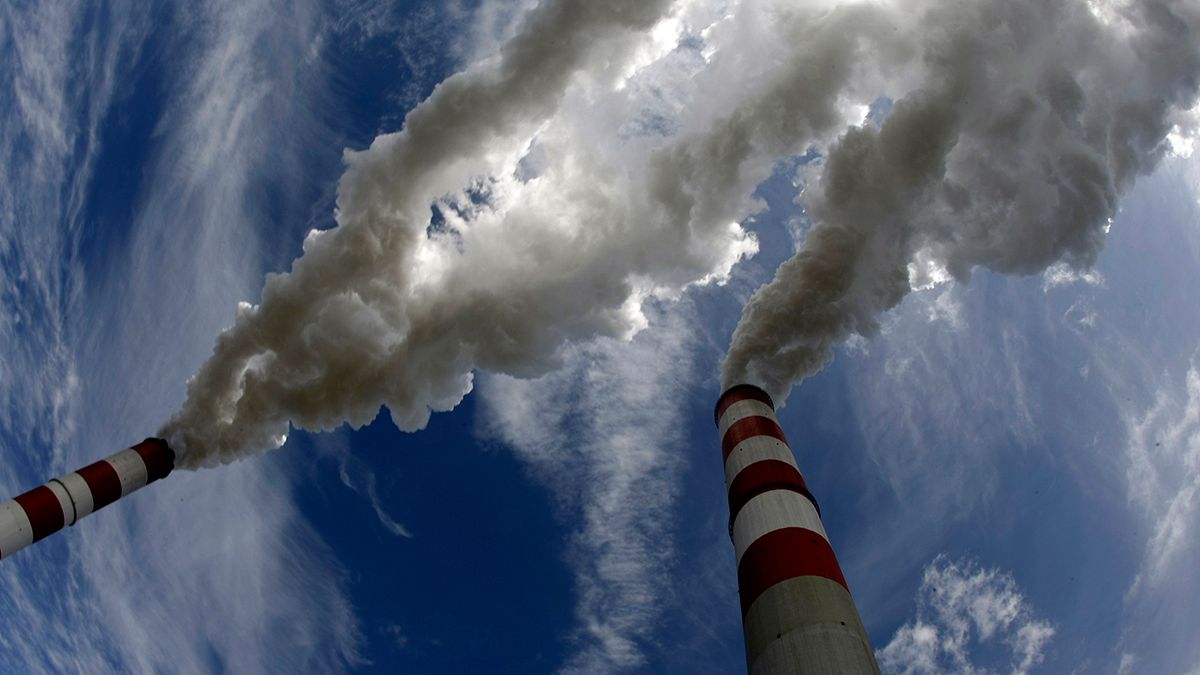The European Union has recently shared with the rest of the world the nature of the efforts it intends to make as part of a new global climate plan to be adopted at the end of this year. While the scale of its ambition can be argued over, what remains indisputable is that without serious efforts from other major emitters, Europe’s actions may count for nothing.
The EU plan – the so-called Intended Nationally Determined Contribution – was published by the European Commission’s Environment Council on March 6 and presents the bloc’s climate change action plan for beyond 2020.
From it we learn a number of things: firstly, the EU proposes the adoption of a global, legally binding agreement applicable to all participants at the Paris Conference in December 2015, in line with the below 2°C objective (to keep the world’s temperature increase to less than 2 degrees centigrade)
Furthermore, they show that the Member States have agreed on a 40% reduction in their domestic emissions by 2030 compared to 1990 levels, rising to 80% by 2050. In spite of a lack of clarity regarding how exactly this target will be achieved, it is coherent with the latest results published by the EU, which managed to reduce its emissions by 19% between 1990 and 2013. Interestingly, it’s the only member of the Kyoto protocol to have achieved its goal.
When we take into account the ambitious objectives of these plans, they could support the EU’s claim to be the world leader on climate regulation. However, as well intentioned and ambitious as they are, their outcome is uncertain without the support of other countries, more specifically the US and China; it’s just a game of numbers.
The Intergovernmental Panel on Climate Change (IPCC) explained in its latest report that greenhouse gas emissions (CO2, methane, azote protoxide) need to be reduced by 70% come 2050 compared to 2010. To put this into context, this represents a decrease of almost 25.7 billion tons of CO2 alone being leaked into the atmosphere. In other terms, that figure is 7.3 times what the EU emitted in 2013 (five times for the US and more than 2.5 times what China emitted in the same year).
What does this mean? Alone, even if the EU – the world’s third most polluting body – manages to cut its emissions by 80% (2.8 billion tonnes of CO2) by 2050 (which would be, in any case, quite a remarkable achievement) it will be far from enough to respond to the environmental urgency that the planet as a whole faces.
The role of China and the US
So, instead of looking at the scope of the targets of the world leader in climate regulation, we should perhaps focus our attention on the other actors. As the EU has reminded us lately, we need the complete implication of the two most polluting countries in the world. This brings us back to China and the US. China alone represents almost 27.5% of the world’s CO2 emissions, the US 14.5%. Startling, when we see the EU accounts for ‘only’ 9.6%.
And yet, until recently, the climate policy of these countries, especially China’s, could hardly be considered as responsible, let alone ambitious. In reality, until recently, it would have been difficult to talk about the existence of a “climate policy”. But it appears that finally, and not before time, the world’s most polluting countries might have actually realised the urgency of the climate situation and decided to face up to their share of responsibilities.
Last November the US and China concluded an agreement on climate change, thus exposing their commitment in this field. China declared that it is committed to injecting at least 20% of renewable energy (including nuclear) into its energetic mix. It added that its CO2 emissions would not increase after 2030. It’s hard to know to what extent this is good news as this last objective shows the gap in the level of urgency regarding the climate, between China and most of the other countries or organisations.
The US, meanwhile, wants to reduce its CO2 emissions by 26-28% by 2025 compared with 2005 levels. It’s true that the environmental concerns have taken more importance for the US since the start of the Obama era. Actually, when the US President asserts in his action plan that climate change constitutes a threat to US security, he might have pronounced the magic words that may push American policy makers to improve US’s engagement in climate change matters: “threat” and “national security”.
It’s hard to assess the scale of the US-China agreement. If the symbolic strength of this agreement is indisputable, its real impact has yet to be seen.
And the problem is that even if this agreement was effectively implemented, it will not guarantee that it’ll be enough to keep to the 2°C objective. However, it is a step in the right direction and if as Obama claims, the US wants to take the lead – all the better for all of us, because we definitely need it.
So if, as Hans Bruyninckx mentioned in the Guardian , “the EU shouldn’t be afraid of leading the world on environmental regulation”, it should rather be afraid of being the only one to do so.
Once again, it’s just a game of numbers.
Article contributed to Euronews by Juliette Prouteau, Jurist in European and International Law
Follow @JulietProuteau!function(d,s,id){var js,fjs=d.getElementsByTagName(s)[0],p=/^http:/.test(d.location)?'http':'https';if(!d.getElementById(id)){js=d.createElement(s);js.id=id;js.src=p+'://platform.twitter.com/widgets.js';fjs.parentNode.insertBefore(js,fjs);}}(document, 'script', 'twitter-wjs');
